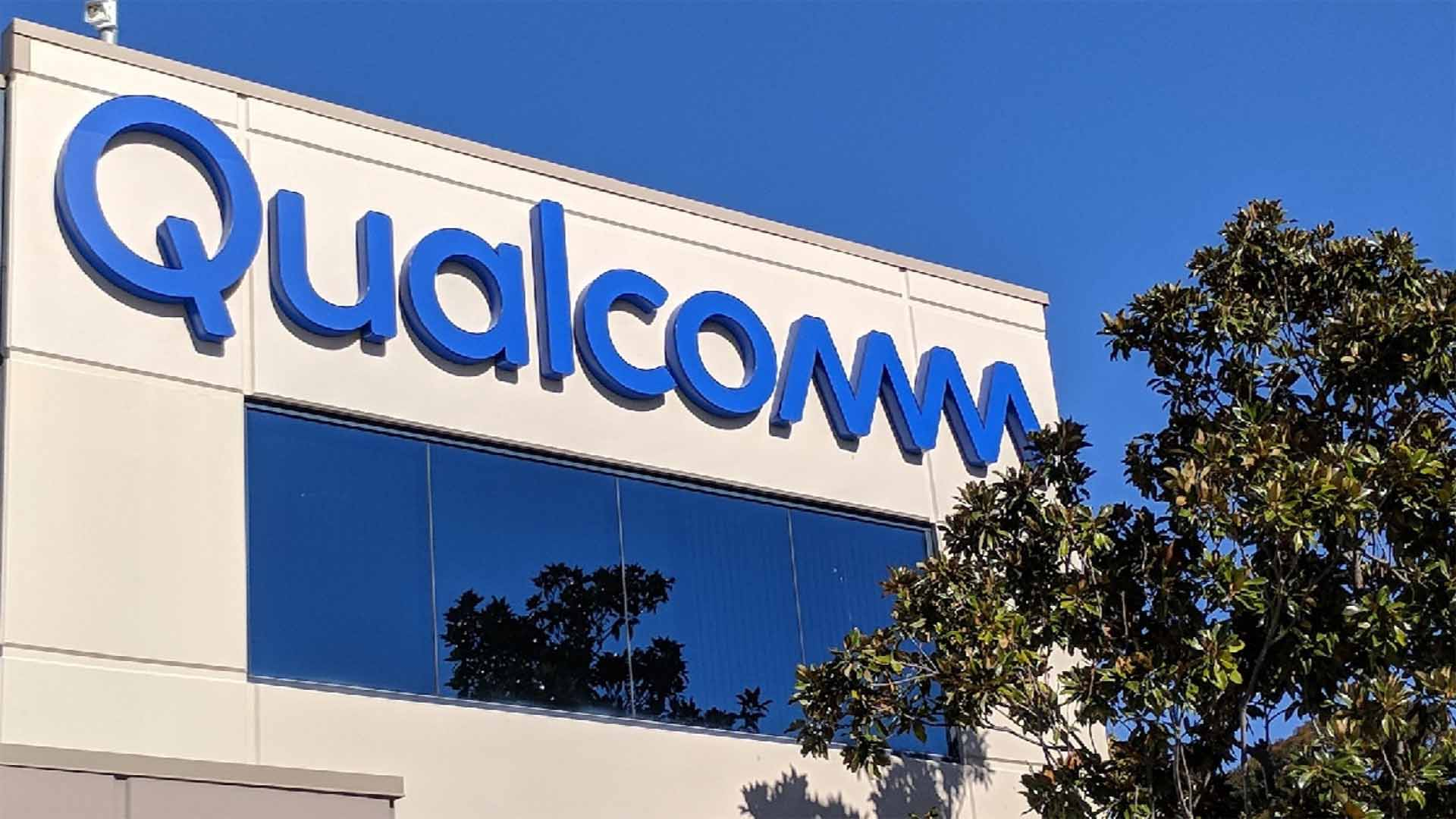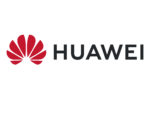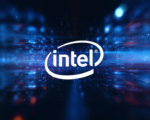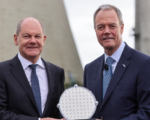The high-stakes license dispute between U.K.-based Arm Holdings and U.S. chipmaker Qualcomm has entered jury deliberations after closing arguments were presented on Thursday in a Delaware federal court. The case hinges on whether Qualcomm and Nuvia, a startup it acquired for $1.4 billion in 2021, violated Arm’s intellectual property license agreements.
The outcome of the trial could significantly impact Qualcomm’s expansion into the PC market, where it seeks to compete with Apple and Intel with its high-performance chips designed for AI-driven laptops.
Closing Arguments
Qualcomm’s legal team argued that neither Qualcomm nor Nuvia breached their contract with Arm, accusing the British company of using the lawsuit as leverage to exert control over smartphone chipmakers. Qualcomm attorney Karen Dunn warned the jury that a ruling in Arm’s favor could set a dangerous precedent, forcing Qualcomm to destroy its recently launched chips and threatening similar licensing agreements with other partners.
“You can bet the world is watching here,” Dunn emphasized, framing Arm’s actions as an overreach intended to stifle competition.
Arm’s attorney Daralyn Durie, however, dismissed these claims as irrelevant distractions, urging jurors to focus solely on whether Qualcomm and Nuvia violated their contractual obligations. Durie argued that Arm lawfully terminated its agreement with Nuvia in 2022 after finding the startup in breach, thereby requiring Nuvia to destroy technology based on Arm’s intellectual property.
“The decision to go ahead and use all this stuff without a license, that was their choice,” Durie stated, asserting that Qualcomm knowingly took a risky path.
Key Points of Contention
The dispute revolves around the termination of Nuvia’s license and its implications for Qualcomm’s chip designs. Qualcomm maintains that the Nuvia-developed technology at issue was created independently from Arm’s IP, while Arm claims otherwise.
Arm attorneys contend that Qualcomm aimed to save up to $1.4 billion annually by leveraging Nuvia’s designs under a less expensive licensing structure. Qualcomm countered by alleging Arm misled it into disbanding its internal design team, thereby increasing reliance on Arm’s technology before raising royalty rates by as much as 400%.
Additionally, Qualcomm cited internal Arm documents that it claims reveal plans to enter the chipmaking business, a move Qualcomm says undermines their longstanding partnership. Arm CEO Rene Haas denied these allegations during the trial.
Jury Deliberations
The jury deliberated for three and a half hours on Thursday but did not reach a verdict. Deliberations will resume Friday morning.
The trial, which began Monday, has broader implications for the semiconductor industry and Arm’s business model. Arm has characterized Qualcomm’s actions as an unprecedented violation of licensing norms that could disrupt its established practices of licensing technology to chipmakers globally.
The case underscores the growing tensions between major players in the semiconductor industry as competition intensifies in emerging markets like AI and advanced computing.

















